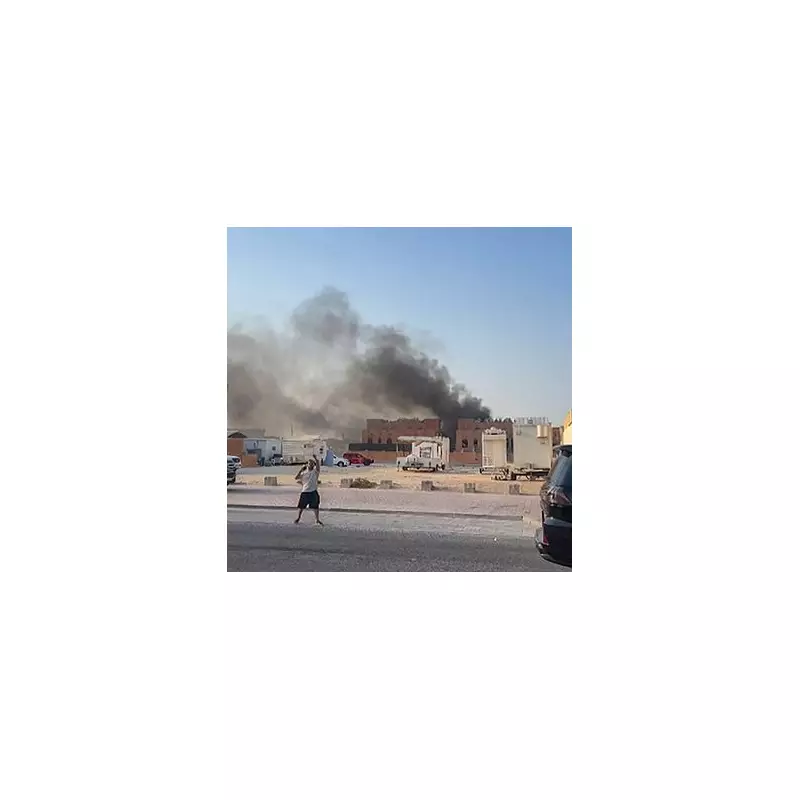
In a revelation that threatens to explode the delicate ceasefire negotiations, intelligence sources have exposed an extraordinary Israeli plot to conduct a targeted assassination on Qatari soil. The proposed strike in Doha's diplomatic heart was intended to eliminate a key Hamas official, directly jeopardising the ongoing hostage release talks.
A Reckless Gamble in Qatar's Backyard
According to senior security insiders, Israeli agents presented plans for a daring operation in the Qatari capital – a move that would have violated international law and shattered diplomatic norms. The target? A high-ranking Hamas figure deeply involved in the sensitive negotiations for the release of Israeli captives.
This wasn't merely speculative discussion but advanced operational planning that reached the highest levels of Israeli command. Astonishingly, the proposal was ultimately rejected by officials who recognised the catastrophic diplomatic fallout it would unleash.
UK's Fury and Diplomatic Tremors
The British government reacted with barely concealed fury upon learning of the proposed operation. Whitehall sources describe "profound alarm" at the potential consequences, with one senior diplomat labelling it "a potential act of utter madness that would torch Britain's relationship with Doha."
Qatar has served as the critical intermediary between Israel and Hamas, with its discreet channels providing the only viable path toward hostage release. Any Israeli operation on Qatari territory would instantly vaporise this fragile bridge, possibly permanently.
The Delicate Web of Hostage Negotiations
The exposed plot reveals the tremendous tensions within Israeli leadership regarding the negotiation process. While diplomatic efforts continue through Qatari and Egyptian mediators, this incident demonstrates how elements within the security establishment appear willing to risk everything for a military solution.
Middle East analysts are sounding the alarm about what this reveals about Israel's current strategic thinking. "When you consider targeting officials in a nation that's your primary mediator," notes one veteran observer, "you're either desperate, reckless, or both."
International Fallout and Future Relations
The revelation comes at an exceptionally delicate moment, with ceasefire talks hanging by a thread and regional tensions at boiling point. The fact that such an operation was seriously contemplated – regardless of its eventual rejection – will inevitably strain Israel's relations with crucial Arab mediators.
For Qatar, the incident raises troubling questions about operating as an honest broker while one party allegedly considers violating its sovereignty. For the United Kingdom and other Western nations, it presents yet another Middle East crisis requiring careful navigation between supporting an ally and condemning actions that threaten regional stability.
As one Whitehall insider starkly put it: "This would have been a point of no return. The fact it was even proposed should worry every diplomat from Washington to Doha."





